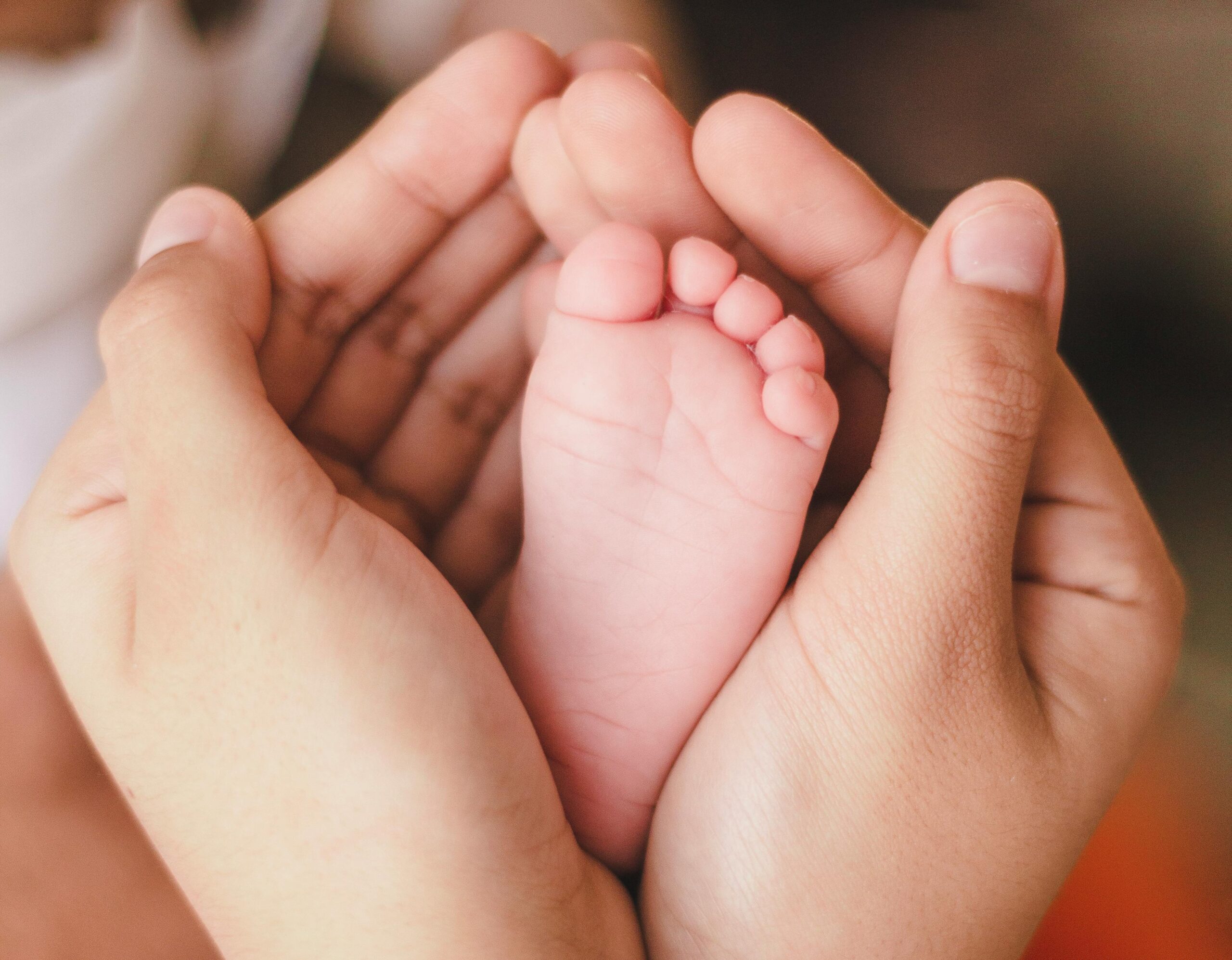Congratulations! Bringing your baby home for the first time is a momentous occasion. You’re stepping into a new role and a new world, this can bring up many different feelings. You are not alone; all these feelings are valid and are felt by new parents everywhere. Your new life will include around the clock feedings, so many diaper changes, and a little less sleep then you are used to. Rest assured you will get into the swing of things eventually and remember to be kind to yourself. Both you and your baby will have a period of transition outside the womb. This blog will provide you with some practical advice for those early days of bringing your baby home.
Setting Realistic Expectations for Newborn Sleep
Newborns have a unique sleep pattern that can be quite different from adults. They sleep in short bursts, typically 2-3 hours at a time, day or night. Most babies do not like to be put in their own sleep space and prefer to be held to sleep. It’s not that weird that they prefer that, they have just left a warm, cozy space where they floated around and now they feel a little lost while they are getting used to their new environment. You want your baby to wake up every 2.5-3 hours to feed. This is important for your milk production and to make sure that they get nutrition to stay warm and not lose too much weight.
Understanding this pattern is key to setting realistic expectations for your first night. It is not about getting a full night’s sleep, but all about adapting to your newborn’s needs and rhythm. Many parents “tag team” for the first few nights. One of you sleeps while the other parent makes sure your baby is taken care of. If you are breastfeeding you still have to wake for feedings but this way you will each get a few hours sleep. If you are the birth parent, try to prioritize your sleep as much as possible. You have just given birth to your baby and your body needs to rest and heal as much as possible. Please take it easy on yourself.
Creating a Safe and Comfortable Sleep Environment
Creating a safe sleep environment is crucial for your newborn’s well-being. This includes a firm mattress, a fitted sheet, and keeping the crib free of pillows,bumper pads, blankets, toys and other loose items. Ensure the room temperature is comfortable, between 19 and 21 degrees Celsius. An easy trick to tell if your baby is too hot or too cold is to use your hand and feel their chest or back. It’s important not to over-dress your newborn. A safe way is to layer them in one more layer than what you’re wearing to keep them comfortable.
Diaper Changing: What You Need to Know
Diaper changing is a frequent task. Newborns may need 10 to 12 diaper changes per day. Be prepared with essentials like diapers, wipes, and a changing pad. Always clean from front to back. This prevents infections, especially in girls. A gentle touch is key to avoid irritating their sensitive skin. Apply coconut oil, olive oil or Vaseline on your baby’s buttocks. This makes removing the very sticky meconium a little bit easier. Don’t panic; they will not use so many diapers as they get older. It can seem overwhelming at the number of diapers and laundry in those early days. Some babies go through a large number of outfit changes a day. This will not last forever.
The Importance of Skin-to-Skin Contact
Skin-to-skin contact is vital for bonding between the baby and the parents, it is also called kangaroo care. It soothes your newborn and it will help regulate their heart rate, breathing, blood sugars, temperature and it encourages breastfeeding and promotes bonding between baby and parents. To do skin-to-skin, keep your baby in a diaper, but take off their clothes. Remove your shirt and place your baby in the middle of your chest in an upright position. Some parents do skin-to-skin prior to feeding, and some after. It’s an easy way to soothe a fussy baby. Any caregiver can do skin-to-skin, it is not reserved for the birth parent exclusively, it is recommended for the supporting parent to do also.
Conclusion: Embrace your new life and take it one day at a time.
Bringing home a baby is a major life transition. If it feels hard, and it is hard, you’re starting a new job. Make sure to utilize your support system in the early postpartum days, you are worth extra care and comfort just like your baby. Take it one day at a time, and welcome to the beautiful journey of parenthood.

